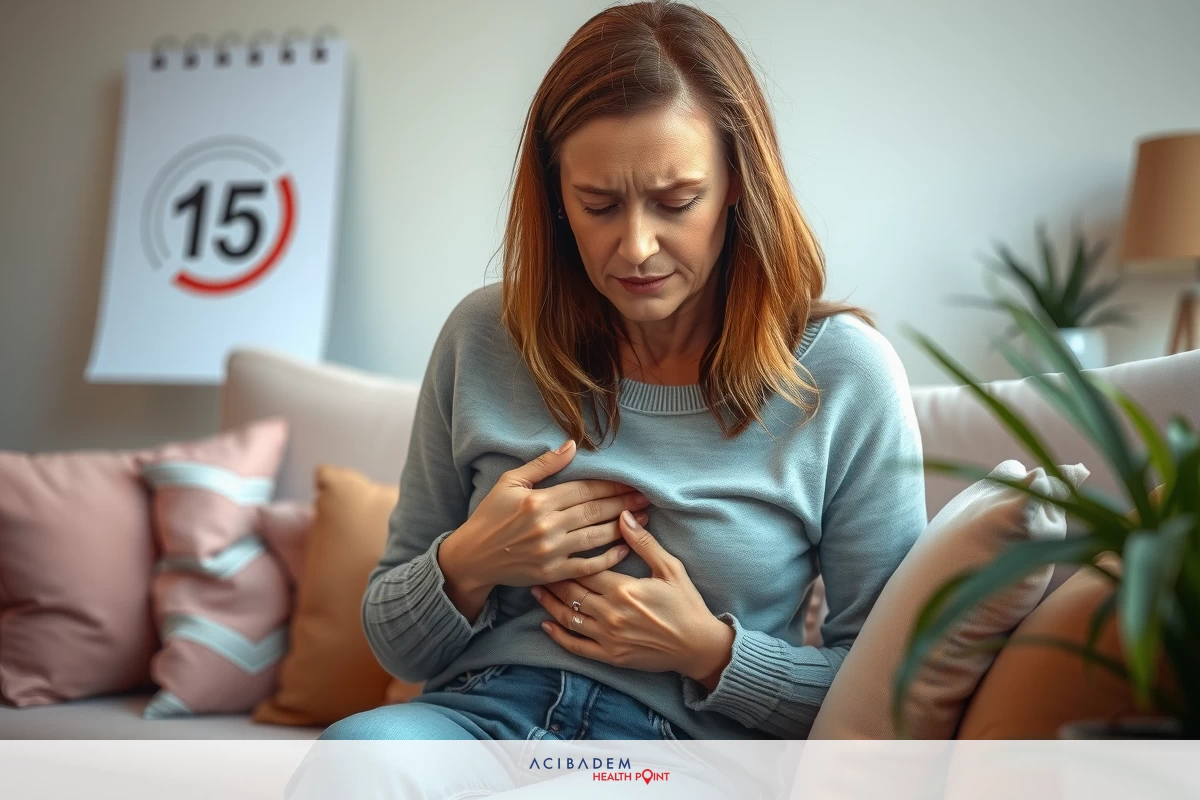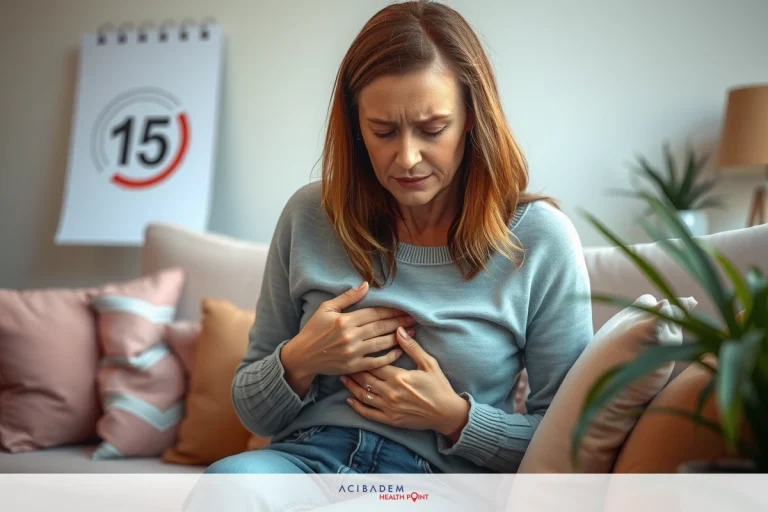Can Breast Cancer Be Painful?
Can Breast Cancer Be Painful? Breast cancer is a condition that many people face. It can bring about worry and questions, including concerns about pain. The body reacts in unique ways to health issues, and breast cancer is no different. Some may feel pain, while others might not notice it at all. It’s important to pay attention to your body and talk with a doctor if you have concerns.
Many wonder if feeling pain means they have breast cancer. It’s true that discomfort can be one of the symptoms but it isn’t always present. There are other signs of breast cancer like lumps or changes in how the breast looks or feels. If you’re feeling uneasy or something doesn’t seem right, reaching out for medical advice is key.
Understanding what your body tells you plays a big role in health care. Pain linked with breast cancer could range from mild to strong feelings of discomfort. Knowing this helps manage expectations when going through diagnosis or treatment processes. Always remember to consult professionals for personal medical guidance tailored just for you.
Breast Cancer and Pain
Breast cancer can sometimes cause pain, but it’s not the same for everyone. Some people might feel a sharp pain, while others have a dull ache. If you do feel pain, it could be from a tumor pressing on nearby tissues. It’s one of many symptoms that can show up with breast cancer.
However, not all breast pain is due to cancer. Many times, discomfort comes from other non-cancerous conditions. Things like hormone changes or even stress can make your breasts hurt. So if you have pain in your breast, don’t panic; but do get it checked out.
When going through treatment for breast cancer, managing pain becomes important too. Doctors might give medicine or suggest other ways to help ease the pain during this time. Always talk about what you’re feeling with them because they are there to help.
Remember that each person’s experience with breast cancer is different when it comes to symptoms like pain or discomfort. Listen to what your body tells you and share that with your doctor regularly throughout treatment — staying informed helps both of you take care of your health as best as possible.
Symptoms of Breast Cancer
Breast cancer comes with a range of symptoms that go beyond just pain. One key sign to look out for is the appearance of lumps in the breast. These lumps can feel different from the rest of your breast tissue. They may be hard, have uneven edges, or they might move slightly when you touch them.
Changes in how your breasts look can also signal something’s not right. You might notice differences in size or shape that weren’t there before. The skin on your breast could appear dimpled, similar to an orange peel, which warrants attention.
Nipple abnormalities are another symptom to be aware of with breast cancer. This could mean a nipple turning inward or changing position unexpectedly. Sometimes there’s discharge other than milk coming from the nipple, which can be clear or bloody.
Lastly, if you see redness or flaky skin around the nipple area or anywhere on your breast, it’s time to talk to a doctor. It’s important not just to rely on self-exams but also get regular medical screenings because early detection is vital for effective treatment strategies against breast cancer.
Discomfort Associated with Cancer
Discomfort from breast cancer can show up in different ways. You may feel tenderness when you touch your breast or put pressure on it. This tenderness could be constant, or it might come and go. It’s not the same as the soreness some feel before their periods.
Swelling is another form of discomfort that can happen with breast cancer. Your whole breast or just a part of it might seem bigger and feel tight. The swelling might make your bra fit differently than before, which you’ll likely notice.

Skin changes on the breast are also a type of discomfort linked to this illness. You might see redness or areas where the skin feels thick and very different from normal skin texture. If your skin gets itchy without a clear reason, like an allergy, that’s something to check out too.
Breast cancer affects everyone differently, so any new kind of discomfort should prompt a conversation with your doctor—keeping open communication helps manage symptoms better along your journey toward treatment and recovery.
Treatment Options for Cancer
Can Breast Cancer Be Painful? For breast cancer, surgery is often considered as a primary treatment option. Depending on the stage and type of cancer, a doctor may suggest removing the tumor or the entire breast. This can help to stop cancer from spreading to other body parts. After surgery, some patients might need further treatments.
Radiation therapy is another common treatment following surgery. It uses high-energy rays to kill any remaining cancer cells around the breast area. The goal here is to reduce the risk of cancer coming back. Treatments are usually spread out over several weeks.
Chemotherapy involves using drugs to destroy cancer cells throughout your body. It’s often used when there’s a higher chance that cancer has spread beyond the breast tissue. Chemotherapy can be given before or after surgery and sometimes in combination with radiation therapy.
Hormone therapy targets certain types of breast cancers that grow in response to hormones like estrogen or progesterone. Medicines are used to block these hormones or lower their levels in your body, hindering the growth of these hormone-sensitive tumors.
Lastly, targeted therapies focus on specific characteristics of cancer cells, such as proteins that allow them to grow more rapidly than normal cells do. These treatments aim at blocking those growth signals specifically in order not just treat but also manage side effects better compared with conventional methods.
Can Breast Cancer Be Painful?: Frequently Asked Questions
Q: Can breast cancer occur without any pain?
A: Yes, some people with breast cancer do not experience any pain at all. It’s important to look for other symptoms too.
Q: Are there different types of pain associated with breast cancer?
A: Pain from breast cancer can vary; it might be a sharp sting or a constant ache. The sensation differs from person to person.
Q: Should I see a doctor even if the discomfort is mild?
A: Any new, persistent discomfort should be checked by a doctor to rule out breast cancer or other conditions.
The answers provided are for informational purposes only and do not constitute medical advice.








